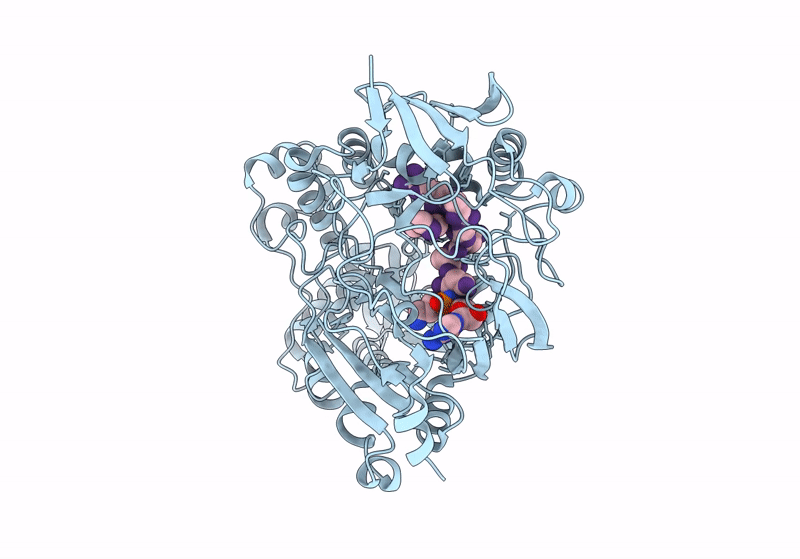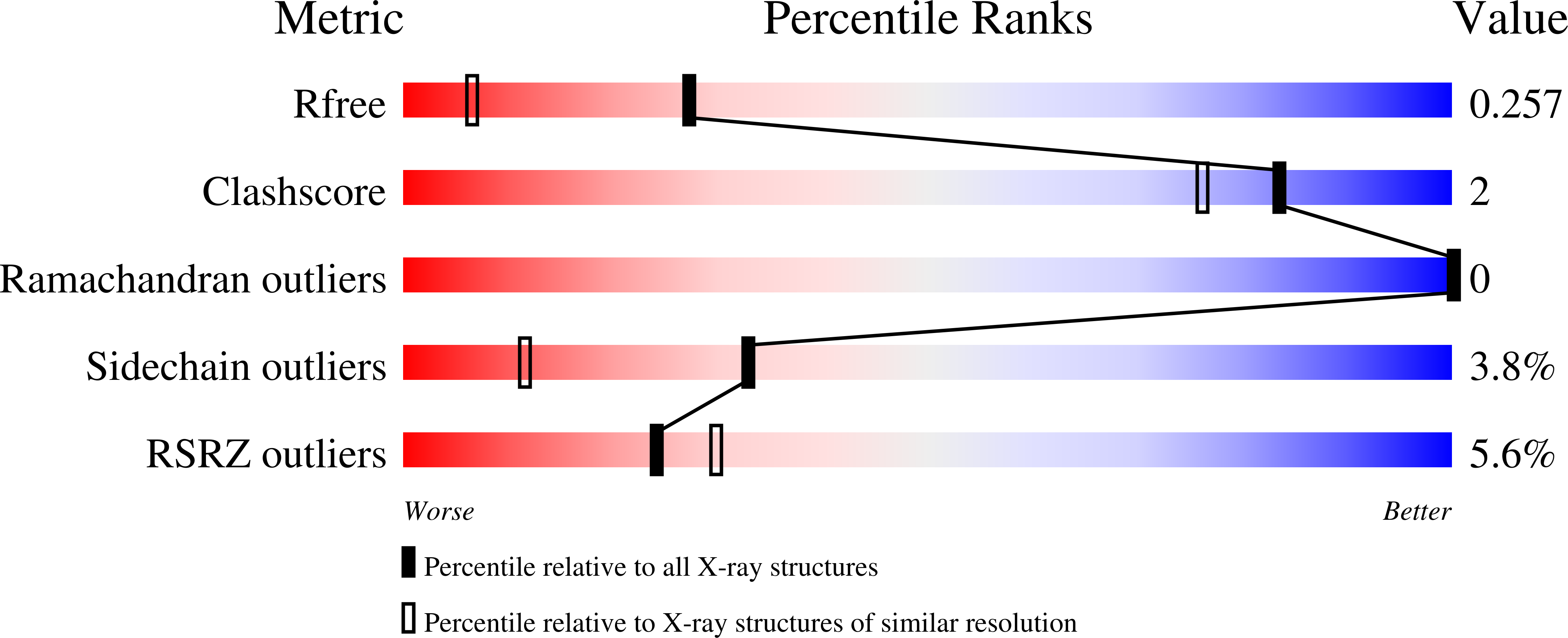
Deposition Date
2023-01-11
Release Date
2024-04-17
Last Version Date
2025-02-19
Entry Detail
PDB ID:
8FSQ
Keywords:
Title:
Complex Structure of YejA with Microcin C7
Biological Source:
Source Organism(s):
Escherichia coli (Taxon ID: 562)
Expression System(s):
Method Details:
Experimental Method:
Resolution:
1.76 Å
R-Value Work:
0.24
R-Value Observed:
0.24
Space Group:
I 2 2 2


